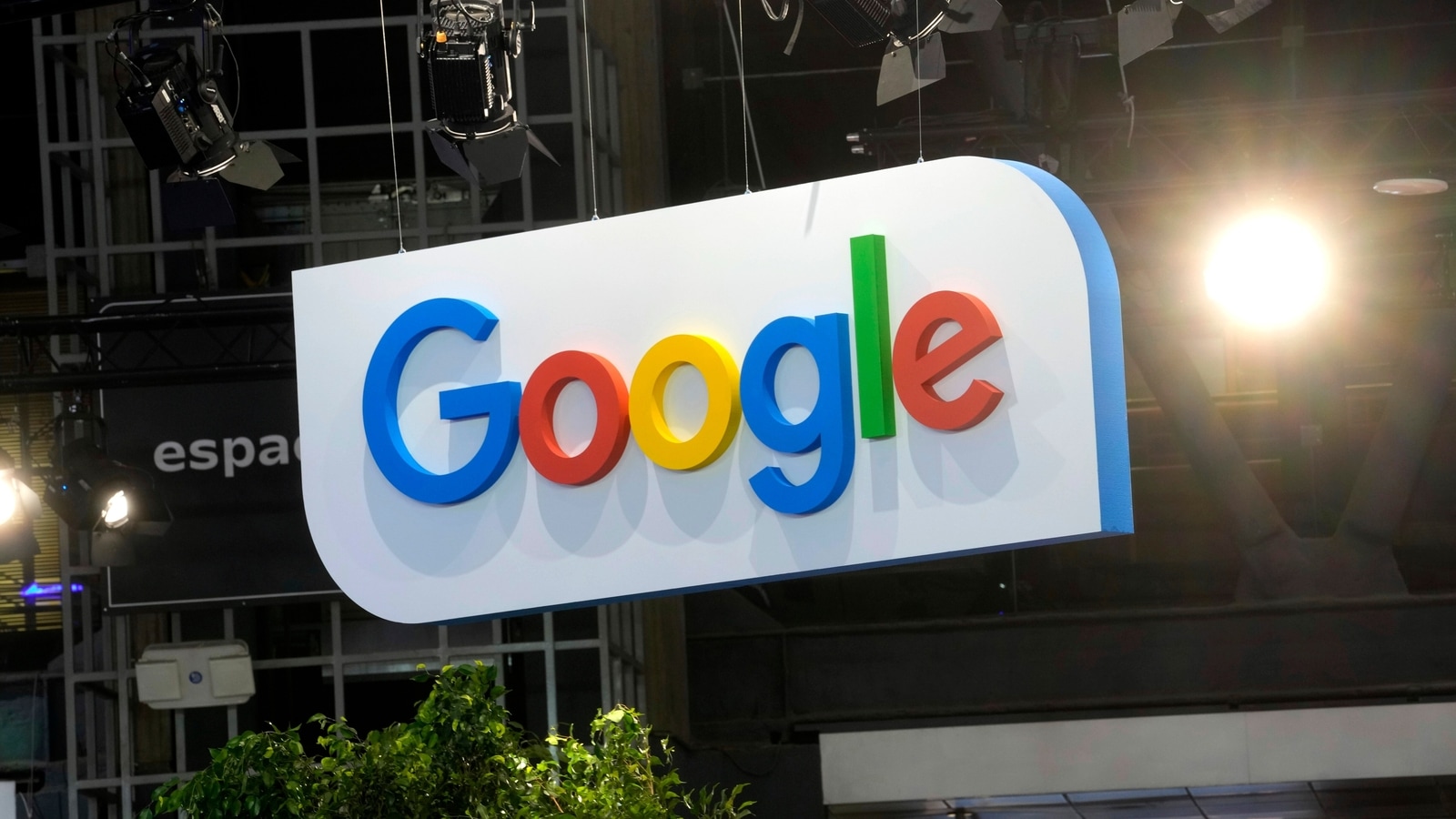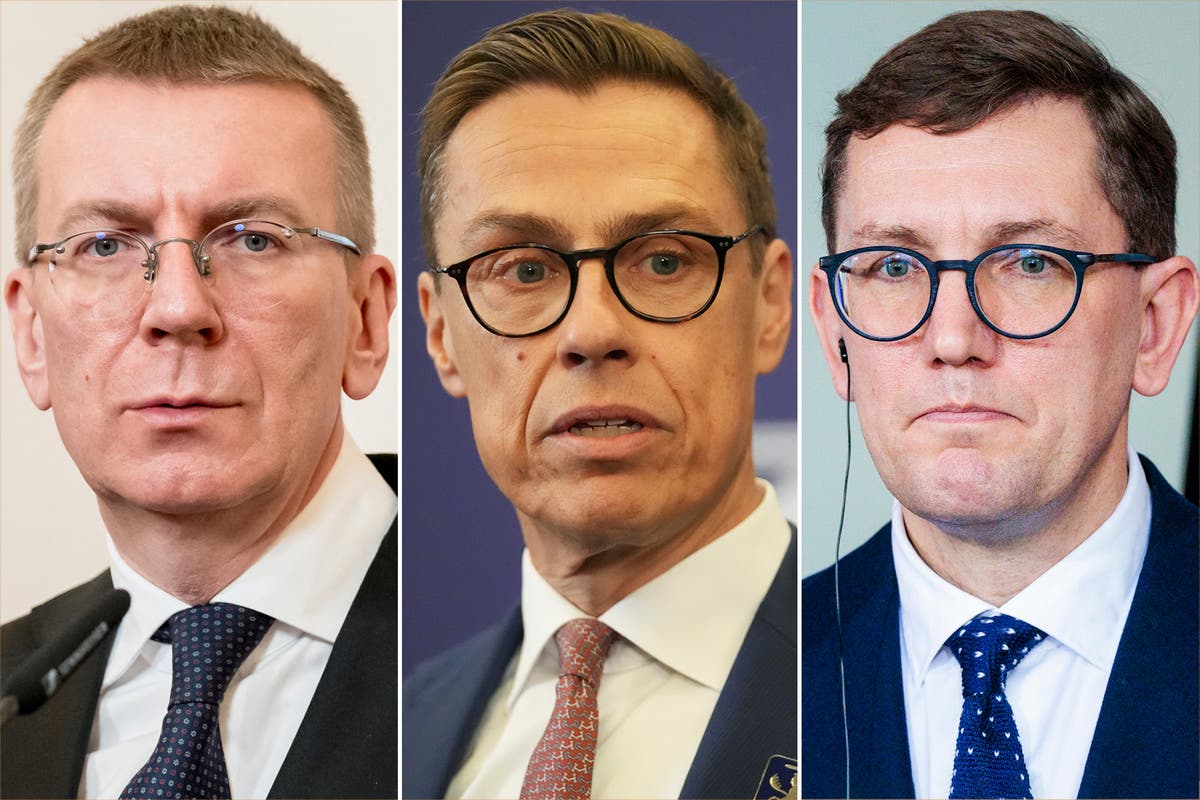London
CNN
—
The European Union will lend Ukraine up to €35 billion ($39 billion), providing the lion’s share of a $50 billion loan agreed by G7 nations earlier this year.
European Commission President Ursula von der Leyen announced the loan Friday in a post on X as part of her visit to Kyiv. “Relentless Russian attacks means Ukraine needs continued EU support,” she wrote, adding that the loan was part of “the G7 pledge.”
“We are now confident that we can deliver this loan to Ukraine very quickly,” she later said at a press conference with Ukrainian President Volodymyr Zelensky in Kyiv, telling him: “You will decide how best to use the funds… And this will free more of your national resources to strengthen then, for example, your military capabilities and to defend yourself against the Russian aggression.”
The funds are expected to be delivered to Ukraine by the end of the year.
In June, the Group of Seven, which brings together some of the world’s largest economies, agreed to collectively loan about $50 billion to Ukraine, using the future windfall profits from Russian assets held in the EU and elsewhere as collateral.
Western nations froze Russia’s assets in bank accounts located in Europe, the United States and other countries as part of a massive wave of sanctions enacted after Russian President Vladimir Putin ordered the invasion of Ukraine in 2022.
Around two-thirds of Russia’s frozen assets, or some €210 billion ($234 billion), sits in the EU, while just $3 billion is located in US banks.
The EU loan still requires approval by the European Parliament and a qualified majority of the bloc’s member states.
“In view of the urgency of the proposal, the Commission will be working … to ensure a swift adoption,” the European Commission said in a press release.
The announcement sends “a clear signal that the burden of rebuilding Ukraine will be shouldered by those responsible for its destruction,” it added.
The funding mechanism stops short of seizing the frozen Russian assets outright. The EU has been worried that such a move would discourage other countries from keeping their assets in the bloc.
Von der Leyen’s visit to Kyiv comes just as the winter heating season starts in Ukraine. Russia’s bombardments targeted at the country’s energy infrastructure have intensified in recent months, leaving Ukrainians vulnerable to power outages.
On Thursday, the International Energy Agency said this coming winter will be the “sternest test yet” for Ukraine’s energy system.











